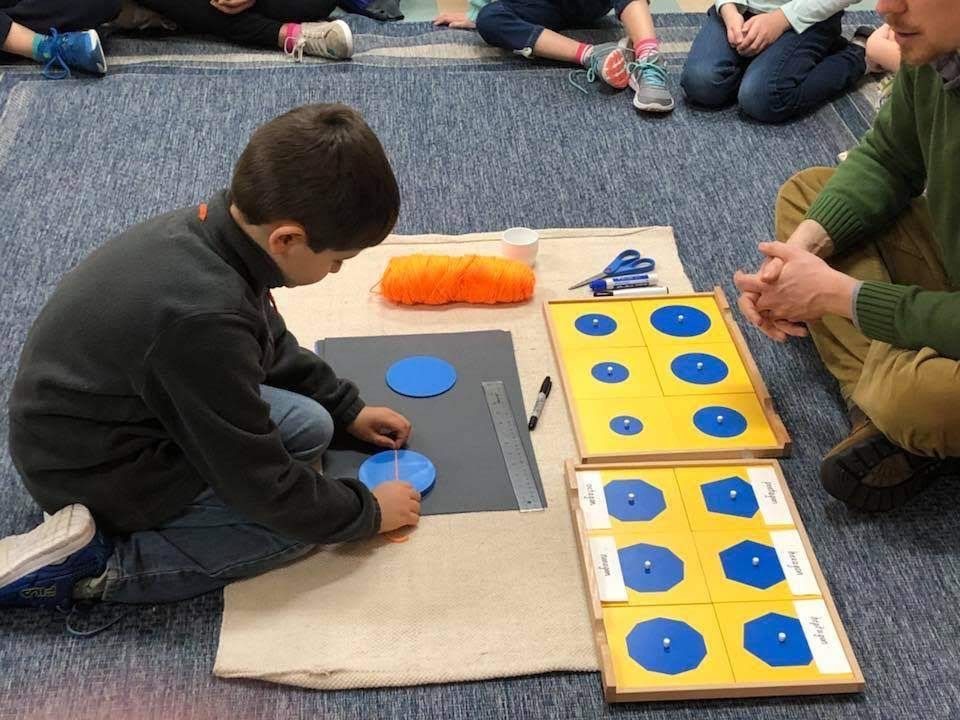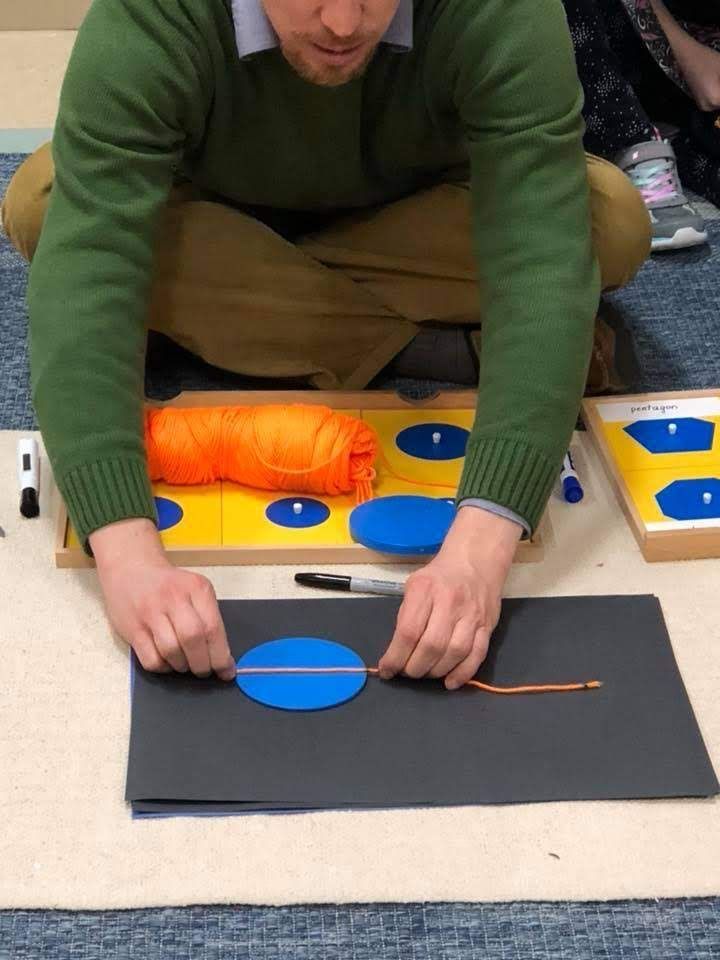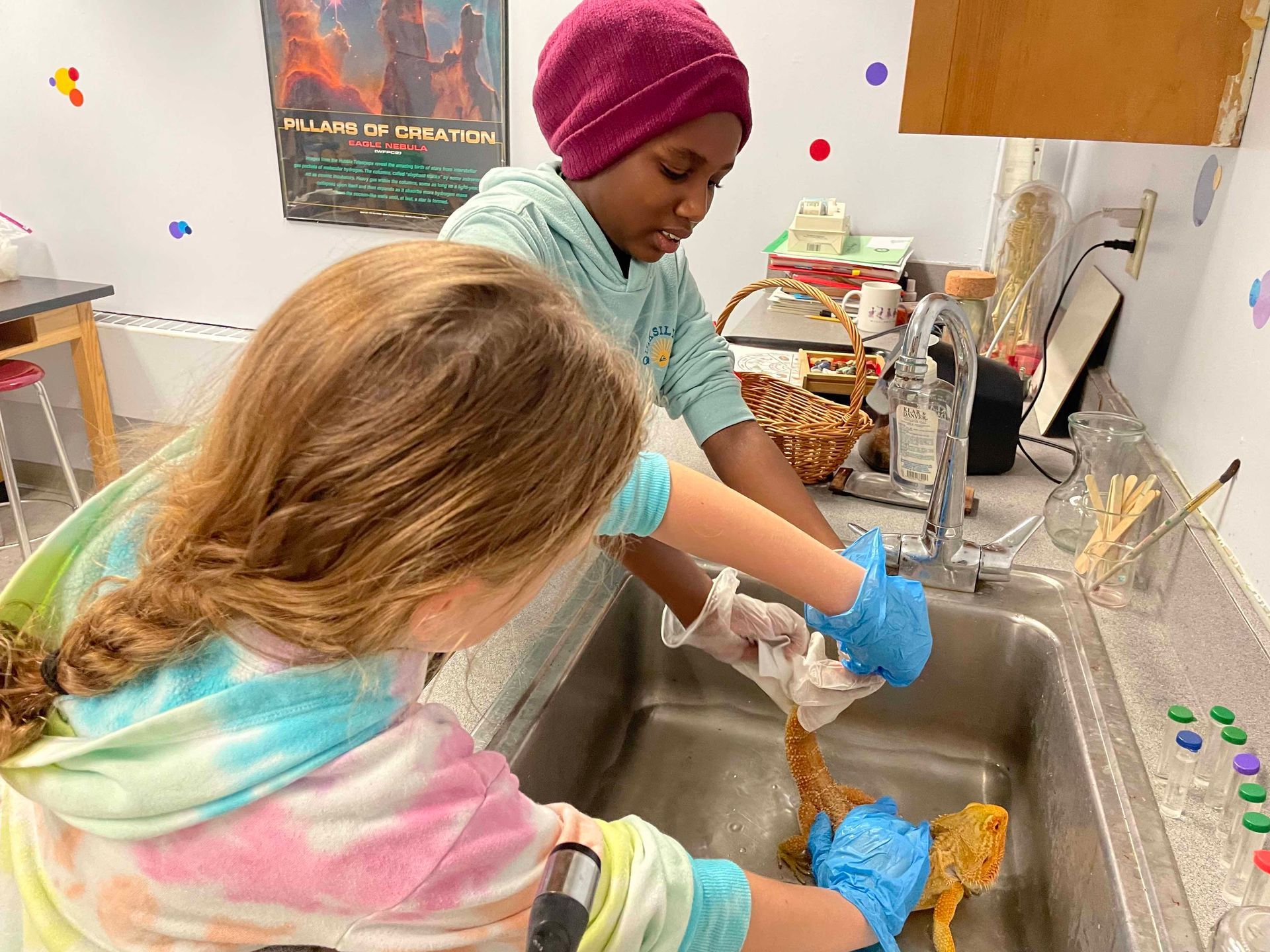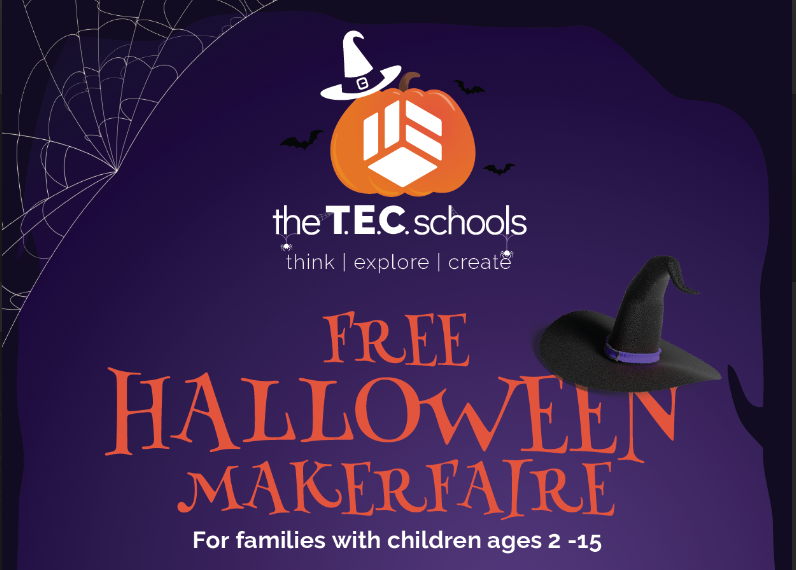
Making Math Tangible Using Montessori Hands-On Pi and Creative Circle Activities. At T.E.C. Schools, learning is all about active participation and creative expression. We move from historical insights to hands-on explorations, making pi and circle properties come alive.

Why is the exploration of the idea of a circle important?
The journey to understand the circle is a testament to human curiosity and ingenuity. By exploring the concept of the circle, we connect with a lineage of historical discoveries that have shaped our understanding of the world. From ancient approximations of pi to the development of sophisticated geometric theorems, the circle has been a cornerstone of scientific and mathematical advancement. This exploration not only enriches our understanding of mathematics but also illuminates the process of discovery, inspiring students to become active participants in the pursuit of knowledge.
Artistic expression is a key part of our approach.
Students engage in Montessori activities like 'cutting pie' with yarn, visually demonstrating the relationship between circumference and diameter. We also roll chalk-traced circumferences, reinforcing this connection. Students create 'Pi in the Sky' skyscrapers, where the height of each building represents a digit of pi, blending math with art. They also create artistic representations of pi using various mediums. We have limericks which also bring a fun and memorable way to interact with pi. All of these activities are designed to solidify the students understanding of the circle.
How does T.E.C.'s hands-on approach help?
Hands-on activities, embodying Montessori's 'What the hand does, the mind remembers,' make math tangible and build a foundation for advanced learning.
- Brain Development: The dynamic blend of hands-on exploration and creative expression during Circle Week provides fertile ground for brain development.
- Teamwork and Communication: By engaging in collaborative activities, such as teaming up for outdoor measurements, students learn the value of teamwork and communication.
- Critical Thinking and Real-World Application: The absence of traditional workbooks encourages students to think critically and apply their knowledge in real-world contexts. This fosters a deeper understanding of advanced mathematical concepts.
Call us and see if The T.E.C. Difference is a good fit your child!


